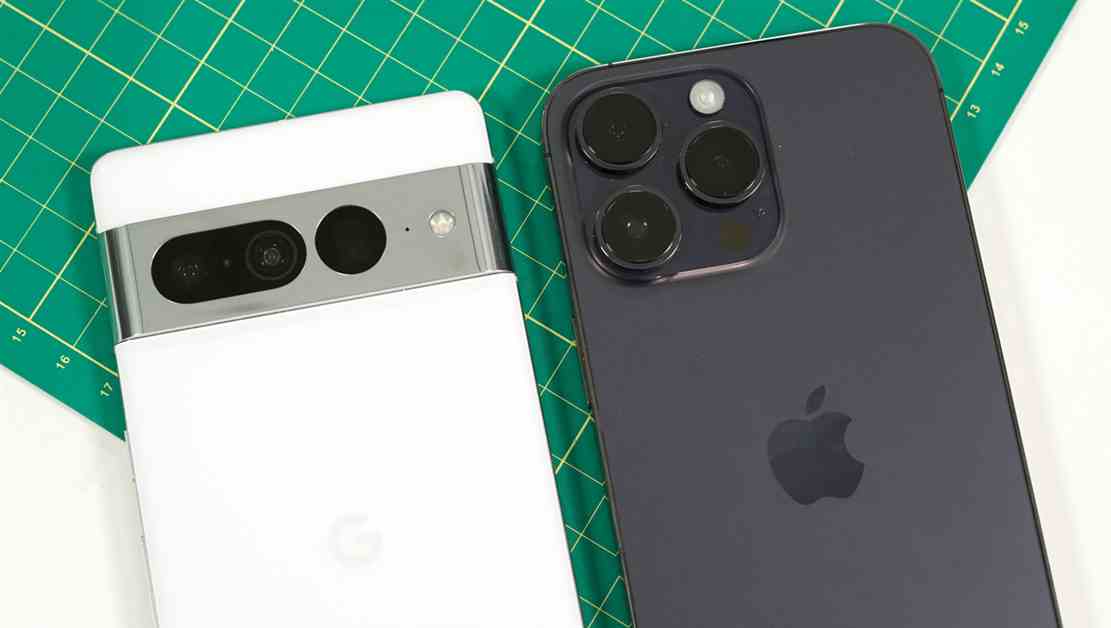EU Regulation Requires Smartphones to Receive Updates for at Least 5 Years
A new European regulation will require smartphone manufacturers to provide updates for their devices for at least 5 years. This is seen as a positive development for the environment in many ways.
Samsung and Google have both announced that their upcoming devices, the Galaxy S24 and Pixel 8, will receive software support for 7 years. This duration rivals or even exceeds what Apple offers for its iPhones. While it is encouraging to see manufacturers finally taking software obsolescence seriously, it is important to note that they are doing so in anticipation of a new European regulation that will come into effect in June 2025.
The regulation, known as 2023/1670, will mandate smartphone manufacturers to release updates for at least 5 years after a device is launched. These updates, whether for security or features, must be provided free of charge and made available within four to six months of the source code being published or the system being deployed on another product by the same brand.
While this regulation may not significantly impact Apple’s products, which already have a good track record of software support, it could have a profound effect on the Android market. Some manufacturers have a poor history of providing software updates for their devices, leading to early abandonment or lack of security patches. By offering better support, companies like Samsung and Google aim to differentiate themselves, especially for high-end smartphones.
Additionally, this regulation is a positive development for the refurbished market. Refurbishers like Largo can now promise frequent updates for second-hand phones, providing reassurance to potential buyers. This could potentially reshape the market, with a focus on high-end new devices and refurbished mid-range offerings.
Overall, stricter legislative oversight on software updates is beneficial for addressing premature device obsolescence caused by outdated systems. However, some experts believe that a 5-year support period may not be sufficient, as certain devices could last up to 10 years without updates. It remains to be seen how this regulation will impact the smartphone industry and consumer choices in the future.

